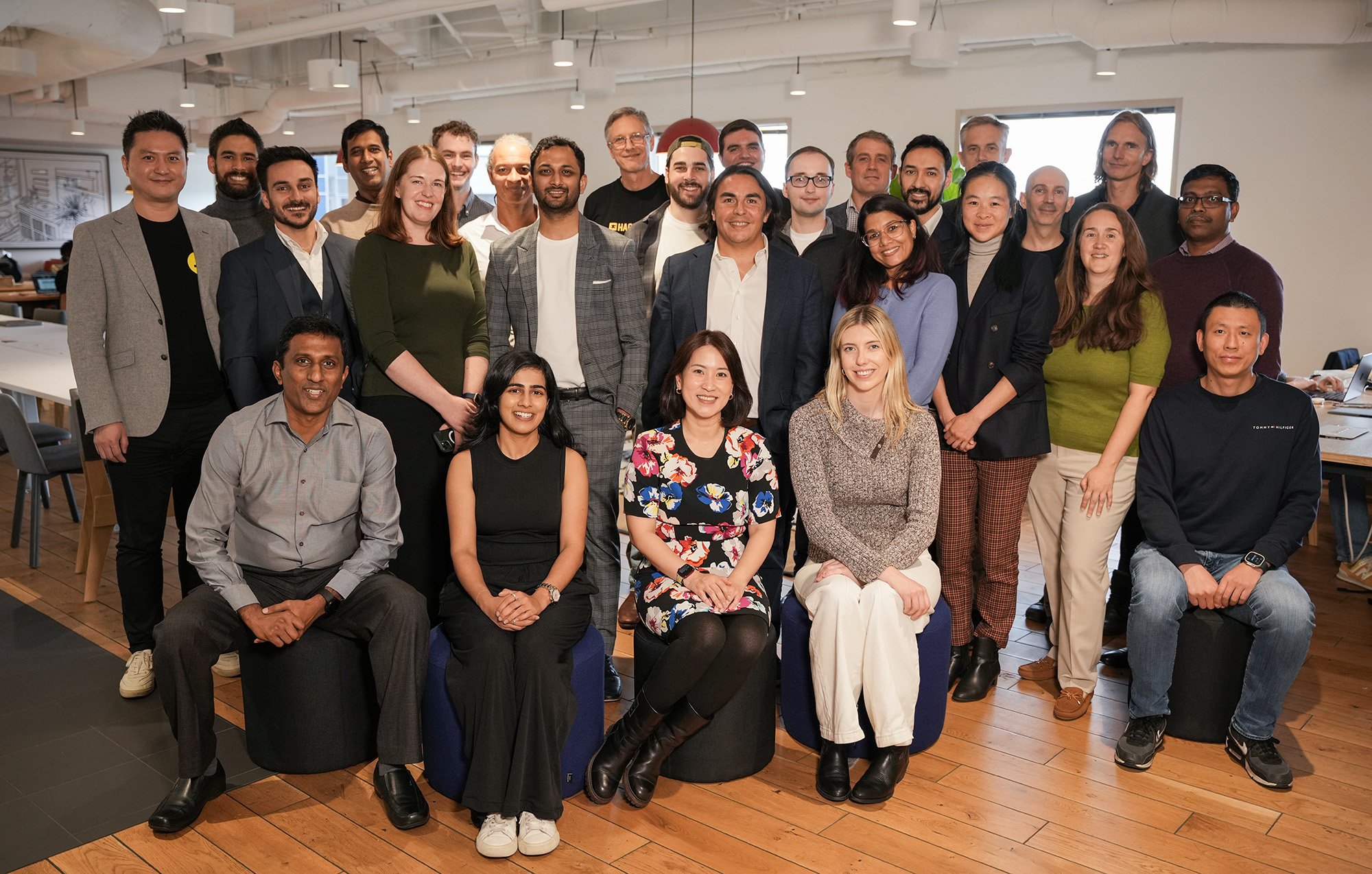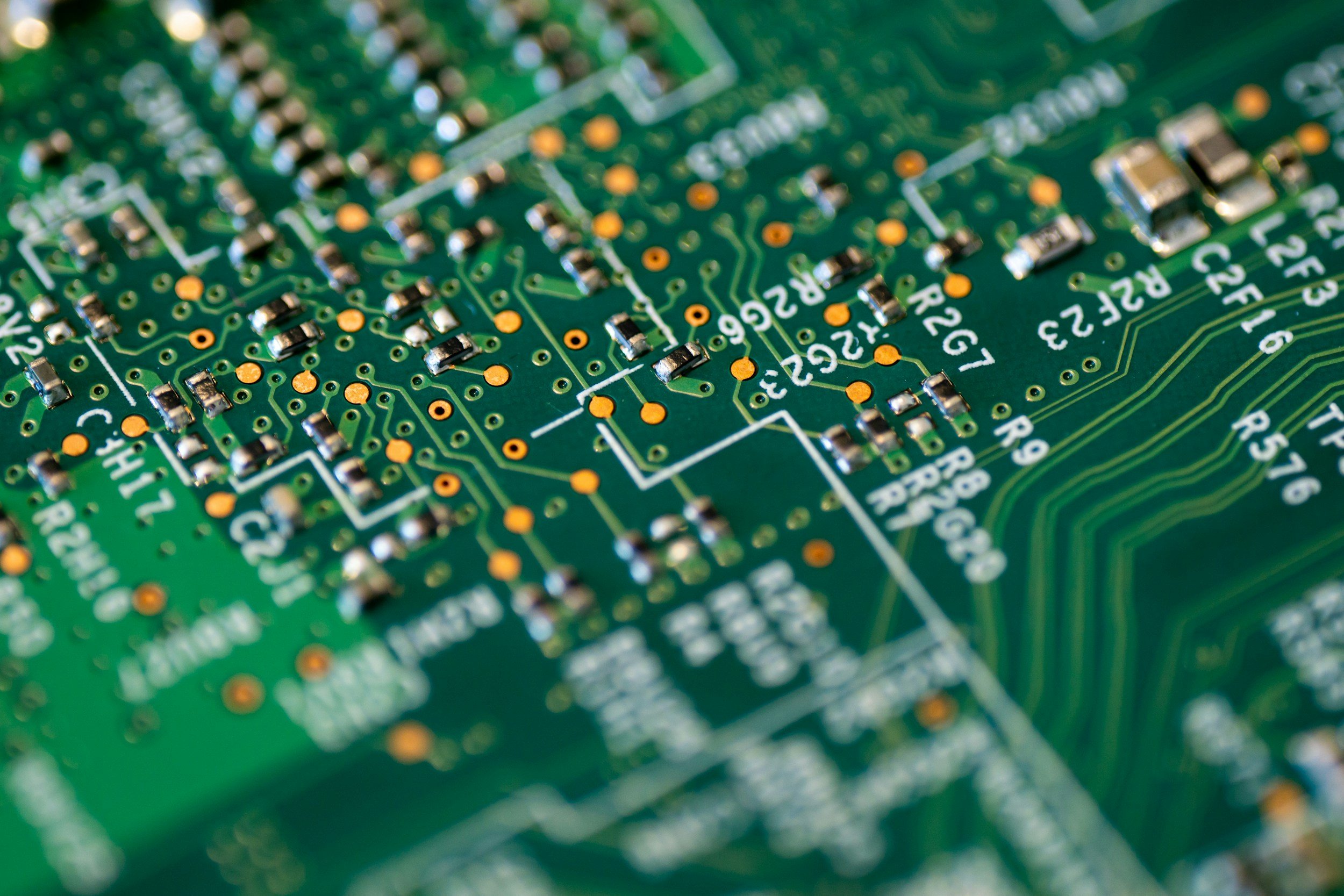Intel Foundry Eyed by TSMC, Nvidia, AMD & Broadcom in AI Chip Deal
Image Credit: Magnus Engø | Splash
Intel Corporation (INTC) shares rose 3% in Wednesday afternoon trading following a Reuters report that Taiwan Semiconductor Manufacturing Company (TSMC) is in discussions with a group of chipmakers—including Nvidia (NVDA), Advanced Micro Devices (AMD), and Broadcom (AVGO)—to assume control of Intel’s foundry business. This unit produces chips for Intel and external clients, and the potential deal might alter the dynamics of the semiconductor industry, particularly as demand for artificial intelligence chips grows.
[Read More: Intel's Gaudi 3 AI Accelerator Chip: A New Contender in the AI Hardware Race!]
Intel’s Foundry Challenges and Leadership Transition
Intel has encountered substantial financial difficulties, posting a net loss of US$18.8 billion in 2024. The foundry division alone recorded an operating income loss of US$11.6 billion for the year, highlighting its struggles. This segment, launched under former CEO Pat Gelsinger to compete with TSMC’s fabrication operations, has yet to achieve its intended scale. Gelsinger’s departure last year, prompted by the board, left co-CEOs David Zinsner and Michelle Johnston Holthaus to manage the company temporarily as the search for a permanent successor continues.
According to Reuters, TSMC and its partners are exploring a takeover of Intel’s foundry operations, though Intel has not commented on the report. The talks have sparked speculation about how such a move might reshape Intel’s role in chip manufacturing.
[Read More: TSMC’s AI Chip Demand Fuels 42% Profit Surge in Q3 Amid Global Expansion]
AI’s Influence on the Semiconductor Sector
Nvidia’s participation in the consortium underscores the importance of AI in this development. Known for its graphics processing units (GPUs) widely used in AI applications, Nvidia has seen its stock decline 14% year to date amid concerns over softening AI demand and potential tariffs. Still, its shares are up 24% over the past 12 months. A deal involving Intel’s foundry might enhance Nvidia’s supply chain stability, a priority as AI technologies expand.
AMD, a competitor in high-performance and AI-focused chips, and Broadcom, a specialist in custom silicon, are also part of the reported group. Their involvement might strengthen the consortium’s ability to manage Intel’s manufacturing assets. Shares of TSMC, Nvidia, and Broadcom edged higher following the news, indicating market interest in the potential collaboration.
[Read More: TSMC's 2nm Breakthrough Powers the Next Wave of AI and Mobile Tech]
Geopolitical Context and U.S. Policy
The discussions align with the Trump administration’s efforts to bolster U.S. chip production. Intel, the largest chipmaker in the country by employment, operates in a landscape where the U.S. now accounts for just 12% of global chip output, down from 37% in 1990. The pandemic revealed the risks of this decline, with shortages disrupting industries like automotive and electronics. Geopolitical tensions, including concerns over a possible Chinese invasion of Taiwan—where TSMC is based—and natural disasters, have further heightened calls for domestic manufacturing.
The administration has previously urged TSMC to acquire parts of Intel’s business to reinforce U.S. capabilities. Both companies have received substantial funding through the CHIPS Act to expand stateside production. TSMC announced a US$100 billion investment in Arizona plants on March 3, adding to a prior US$65 billion commitment, while Intel is building a large facility in Ohio. However, Intel recently delayed part of that project, pushing completion from 2025 to 2030, raising doubts about its timeline.
[Read More: Revolution in Silicon: Intel's Falcon Shores AI Chip Sets New Benchmarks]
Implications for AI and U.S. Chipmaking
The proposed deal might stabilize Intel’s foundry operations by leveraging TSMC’s expertise and the AI-focused strengths of Nvidia, AMD, and Broadcom. For Intel, transferring its manufacturing arm might allow a renewed focus on chip design, though it would mark a shift away from its goal of rivalling TSMC in fabrication. Analysts note that integrating Intel’s operations into a consortium model poses logistical and regulatory challenges.
In the AI sector, a restructured Intel foundry might support faster production of chips tailored for AI needs. However, the deal’s success hinges on execution and government approval, given its implications for national security and economic resilience.
[Read More: Semiconductor Showdown: How Taiwan’s Chips Shape the AI Race and Geopolitics]
Source: Yahoo! Finance










